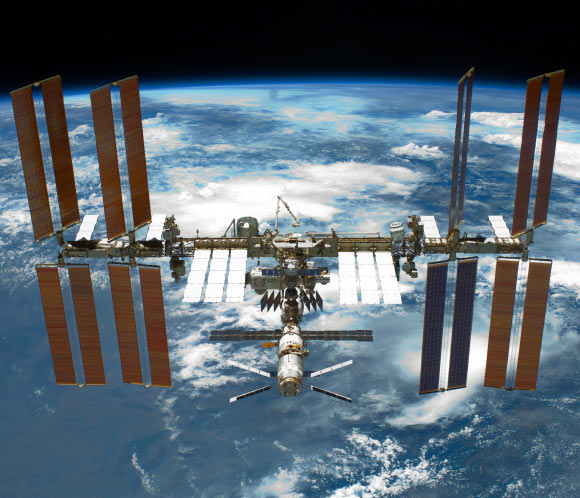According to a team of researchers led by Dr Silvia Bradamante from Institute of Molecular Science and Technologies in Milan, Italy, microgravity accelerates cardiovascular disease and the biological aging of endothelial cells, the cells that line the interior surface of blood vessels.
Dr Bradamante with colleagues examined endothelial cells in real microgravity aboard the International Space Station and conducted deep gene expression and protein analysis on the cells.
The scientists compared space-flown endothelial cells to endothelial cells cultured under normal gravity, looking for differences in gene expression and/or in the profile of secreted proteins.
Space-flown cells differentially expressed more than 1,000 genes and secreted high amounts of pro-inflammatory cytokines.
Ultimately, this induced significant oxidative stress, causing inflammation among endothelial cells, which in turn, led to atherosclerosis and cell senescence (biological aging).
Dr Gerald Weissmann, Editor-in-Chief of the Journal of the Federation of American Societies for Experimental Biology (FASEB), said: “as we plan to send people deeper into space than ever before, and for longer flights, we’ve got to make sure that they remain in best health possible. We’ve evolved to rely on gravity to regulate our biology, and without it, our tissues become confused. Worst of all: they age faster!”
“Understanding the cellular and molecular events of senescence might help in finding preventive measures that are useful to improve the quality of life of millions of people,” added Dr Bradamante, who reported the findings in the FASEB Journal.
“Our study further supports the role of oxidative stress in accelerating aging and disease.”
______
Bibliographic information: Silvia Versari et al. 2013. The challenging environment on board the International Space Station affects endothelial cell function by triggering oxidative stress through thioredoxin interacting protein overexpression: the ESA-SPHINX experiment. The FASEB Journal, vol. 27, no. 11, pp. 4466-4475; doi: 10.1096/fj.13-229195








